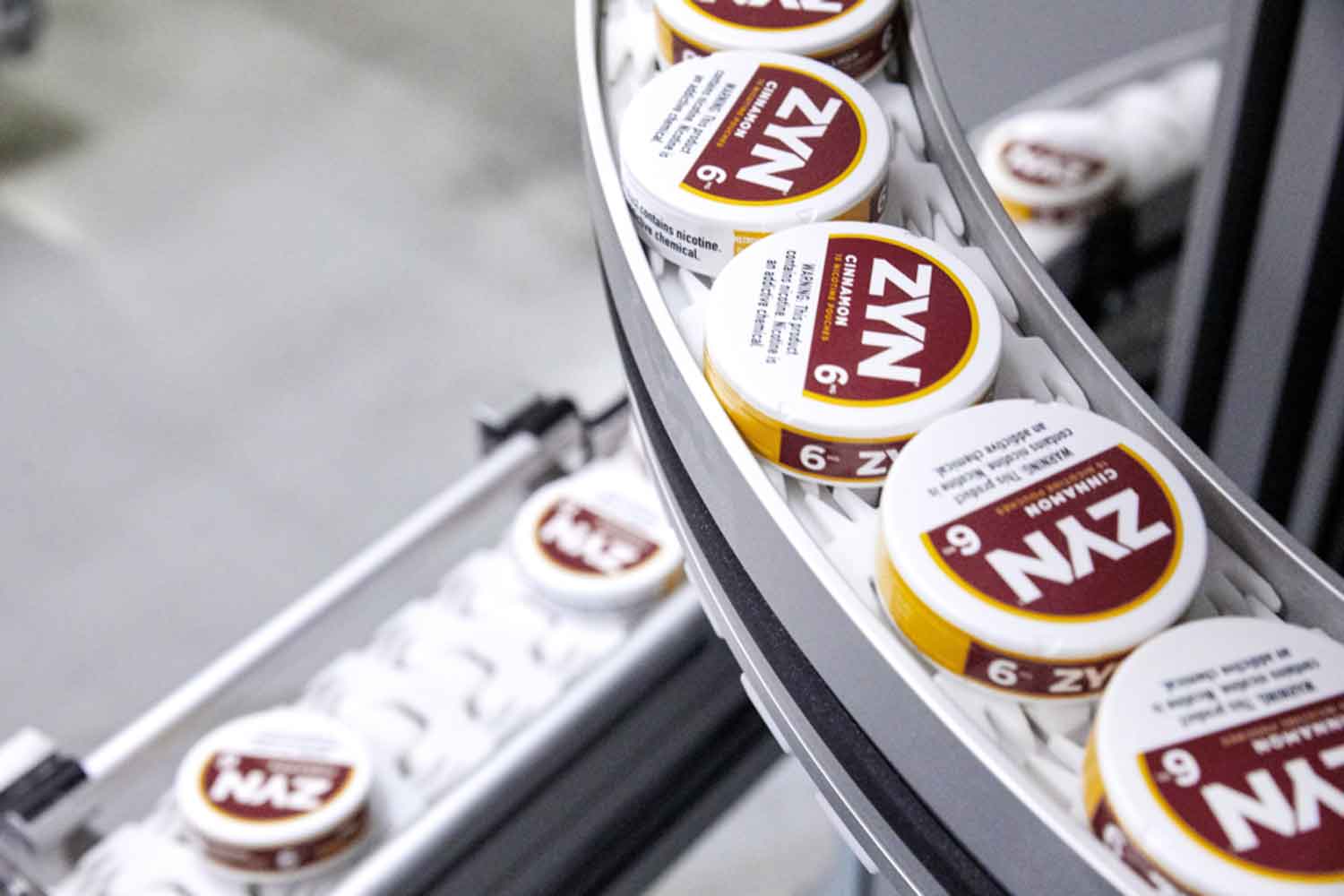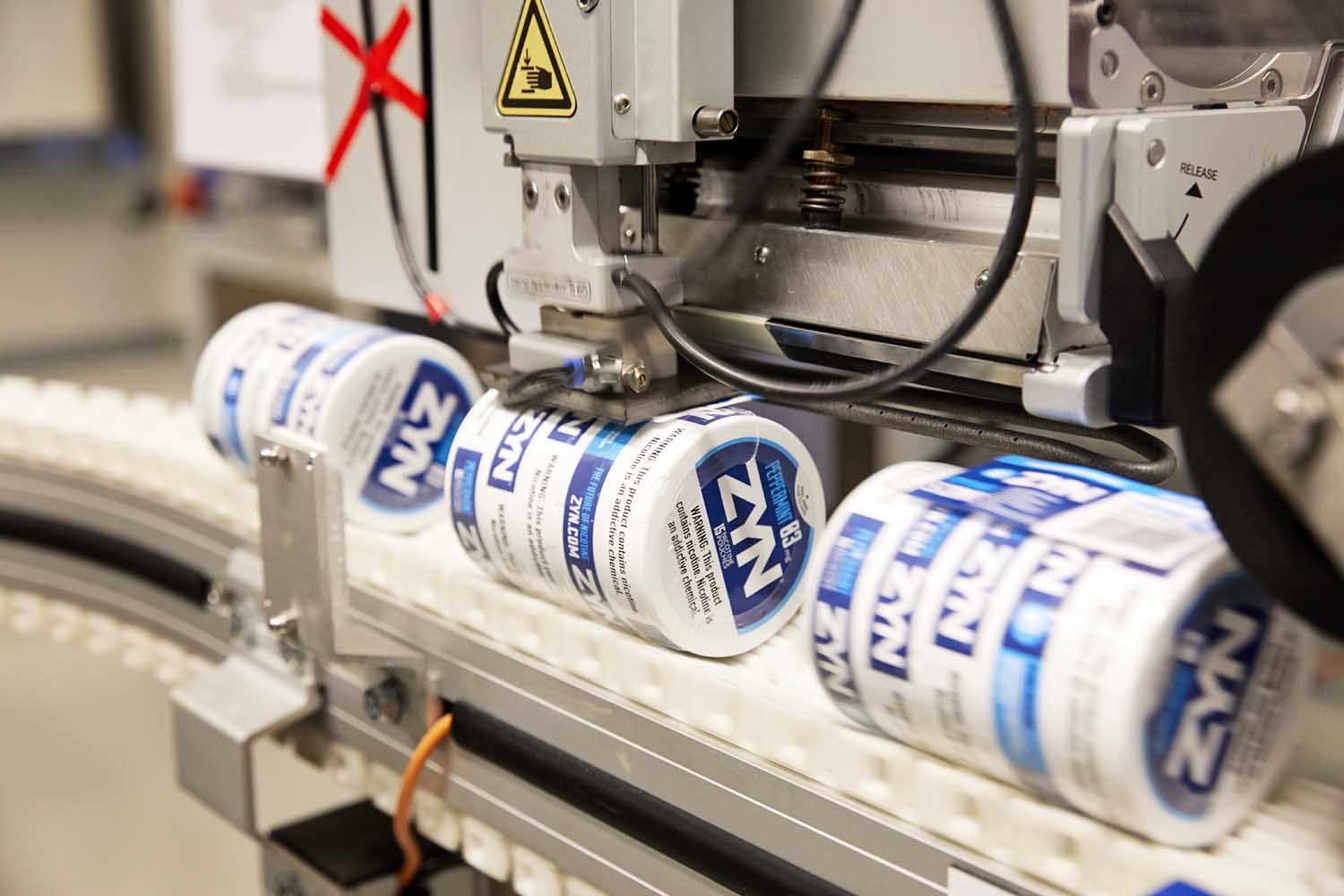The U.S. Food and Drug Administration (FDA) has officially begun its scientific review of modified risk applications for 20 Zyn nicotine pouch products, submitted by Swedish Match USA, Inc.
Already authorized for sale in January 2025, the company is now seeking permission to market Zyn with a health-related claim: “Using Zyn instead of cigarettes puts you at a lower risk of mouth cancer, heart disease, lung cancer, stroke, emphysema, and chronic bronchitis.”
FDA’s review will assess whether this claim is scientifically and legally justified under the Modified Risk Tobacco Product (MRTP) process. The agency will issue a final decision after reviewing scientific evidence, public comments, and recommendations from its Tobacco Product Scientific Advisory Committee (TPSAC).
“It is a positive development that FDA is progressing the MRTP applications and we hope for an expeditious review,” a PMI spokesperson said. “Swedish Match has presented the agency with a substantive scientific package that the company believes supports authorizing ZYN as appropriate to promote public health. Providing accurate information on the relative risk of different nicotine products to America’s 45 million legal-age nicotine consumers will help accelerate switching to better alternatives than continued cigarette use—the most harmful form of nicotine consumption.”
Public comments open June 18 at regulations.gov under docket FDA-2025-N-0835. The comment period will remain open for at least 180 days after publication of the Federal Register notice.
TPSAC meeting details and redacted application materials will be released on a rolling basis at the FDA’s Center for Tobacco Products website.









